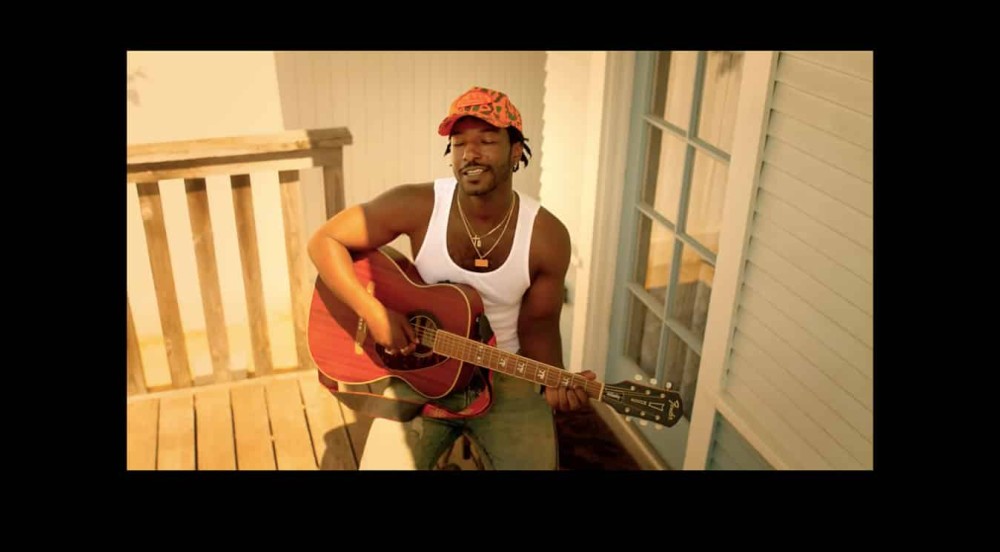It’s been a long time since the Grand Ole Opry has been rocked like this.
Here’s a history lesson for you all, if you didn’t know: country music was created by Black people. Just ask Ken Burns. His 2019 docuseries, Country Music, spent 16-hours covering a century of the Grand Ole Opry-esque genre with the same painstaking attention to detail seen in his other award-winning series, such as the The Central Park Five. “The fact somebody has walked into country music, that is not of the color that people presume the people of country music are, and just said, ‘I’m home’ — that is great,” Burns said about Lil Nas X in a Pitchfork video released June 2019. “This is where we need to go.”
From “Old Town Road” to “You Win Again” by Ray Charles, country and western music is indebted to African and Black American traditions. Stars like DeFord Bailey and Charley Pride spent their lives marginalized, despite being pioneers in their own right. And besides those two musicians, Darius Rucker and recently Kane Brown are the only other Black members to grace the Opry stage. Other rising Black artists have put some much needed “paint where it ain’t,” enabling them to dominate the country music charts irrespective of era.
Yes, country music is experiencing some history-making changes that cannot be ignored. Here are 5 Black artists who are influencing and reshaping the vibrations of the contemporary country sound. If you don’t know, now you know.
1. Mickey Guyton
Mickey Guyton is a singer-songwriter who has blossomed under the spotlight whenever given the opportunity. Her 2015 single, “Better Than You Left Me” gave flashes of brilliance as critics called her a hybrid of LeAnn Rimes and Whitney Houston. But when she took the stage at The Ryman in Nashville, Tennessee, and performed “What Are You Gonna Tell Her?”—the makings of a country superstar were shone. And when continual threats to Black survival paused the music industry, Guyton’s song “Black Like Me” appeared, without promotional fanfare, and sparked a moment that led to her becoming the first Black female solo artist to earn a country music Grammy nod.
2. Cedric Burnside
The grandson of blues legend RL Burnside, Cedric Burnside proudly carries the mantle of the M-I-crooked-letter with him whenever he records. Molding his own signature hypnotic vocals into the respect he has for country blues, Cedric expands the sonic landscape in a way not too many other artists can do. “Step In,” which was recorded at Memphis’ iconic Royal Studios, conjures emotions that cannot quite be put into words. Either live or on record, the guitarist and songwriter can connect the past while ushering the genre into a beautifully Black future.
3. Amythyst Kiah
Amythyst Kiah is done hiding in plain sight. A Chattanooga original, Kiah spent 10 years of relentless touring at a time when the spotlight wasn’t guaranteed for country musicians like her. Out and proud, a powerful collaboration as Our Native Daughter (a folk group with Rhiannon Giddens, Leyla McCalla, and Allison Russell), and a Grammy nod for Best American Roots Song ensured that Amythyst Kiah was committed to shaping the present day identity of Black women. “Black Myself,” a stunning original composition, has centered Kiah’s musical and songwriting abilities as something to no longer be ignored by anyone in the music world.
4. Robert Finley
A true blue Louisiana soulman, Robert Finley launched a full-time music career in his 60s after being diagnosed as legally blind. Sharecropper’s Son, a new record out on May 21, found the formidable vocalist collaborating with Akron’s own Dan Auerbach of the Black Keys and taking listeners on an audio autobiographical journey. While the delineations between country, blues, R&B and soul may matter to hardcore music snobs, they don’t with Robert Finley. Blessed with a mesmerizing voice and an engaging story to tell, this singer-songwriter defies categorizing and just makes Black music that feels good.
5. Willie Jones
Dressed head-to-toe in Dolce & Gabbana, Willie Jones, a country singer from Shreveport, Louisian, had all the smoke ready for any critic who says his music is not country. “I don’t give a damn,” the 23-year-old said at the end of “Right Now Rodeo,” a Spotify short film that showcases his budding stardom at a ranch outside of Nashville—and rightfully so. In an industry where change is inevitable, Jones is part of the growth of the genre. Where Lil Nas X and Mickey Guyton proved country music could go into dizzying heights in pop culture, Jones is pure outlaw country, a renegade who only wants to push the genre to change and move forward. “We can’t stop,” he told PEOPLE. “We got to keep going because we’re part of the story.”













